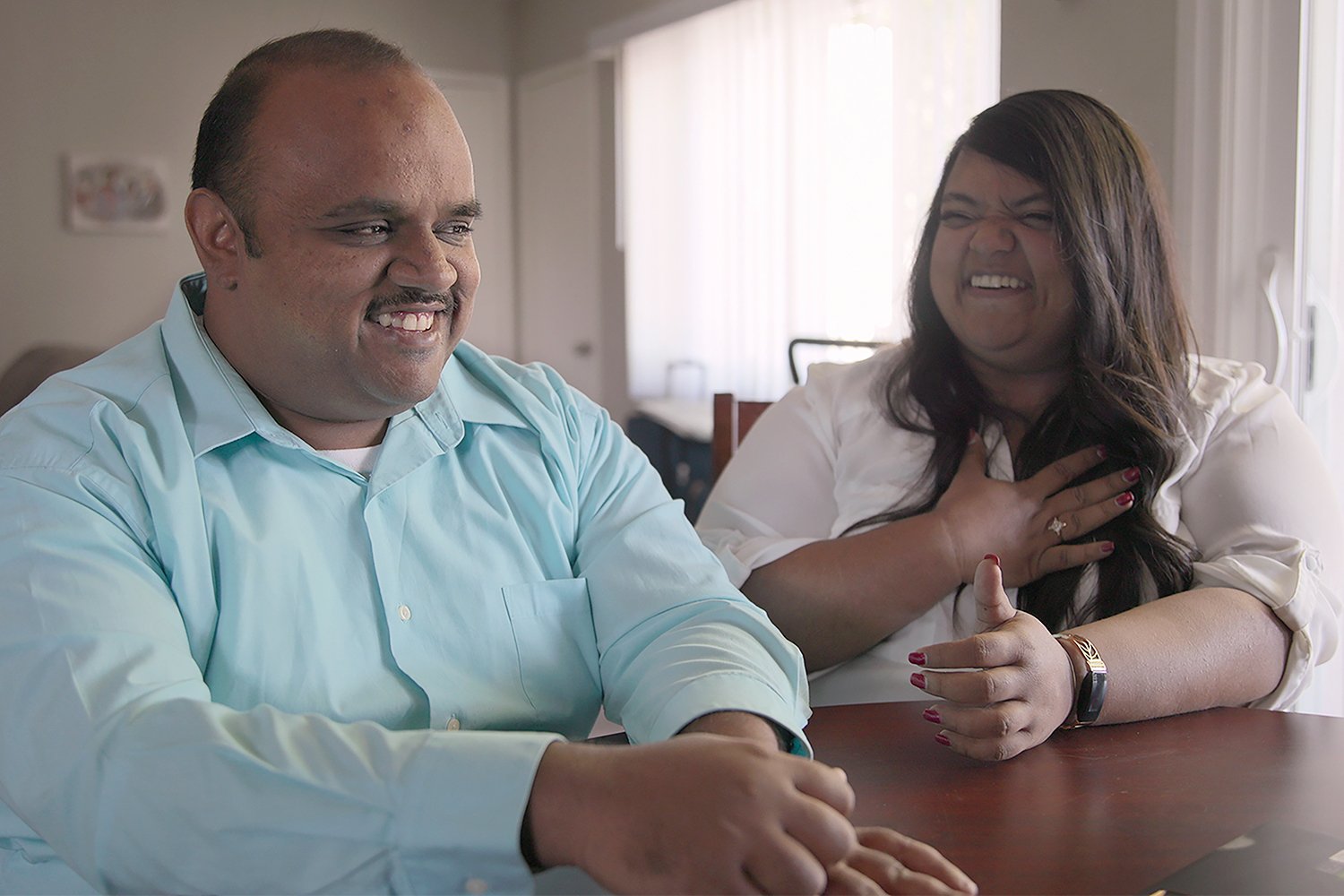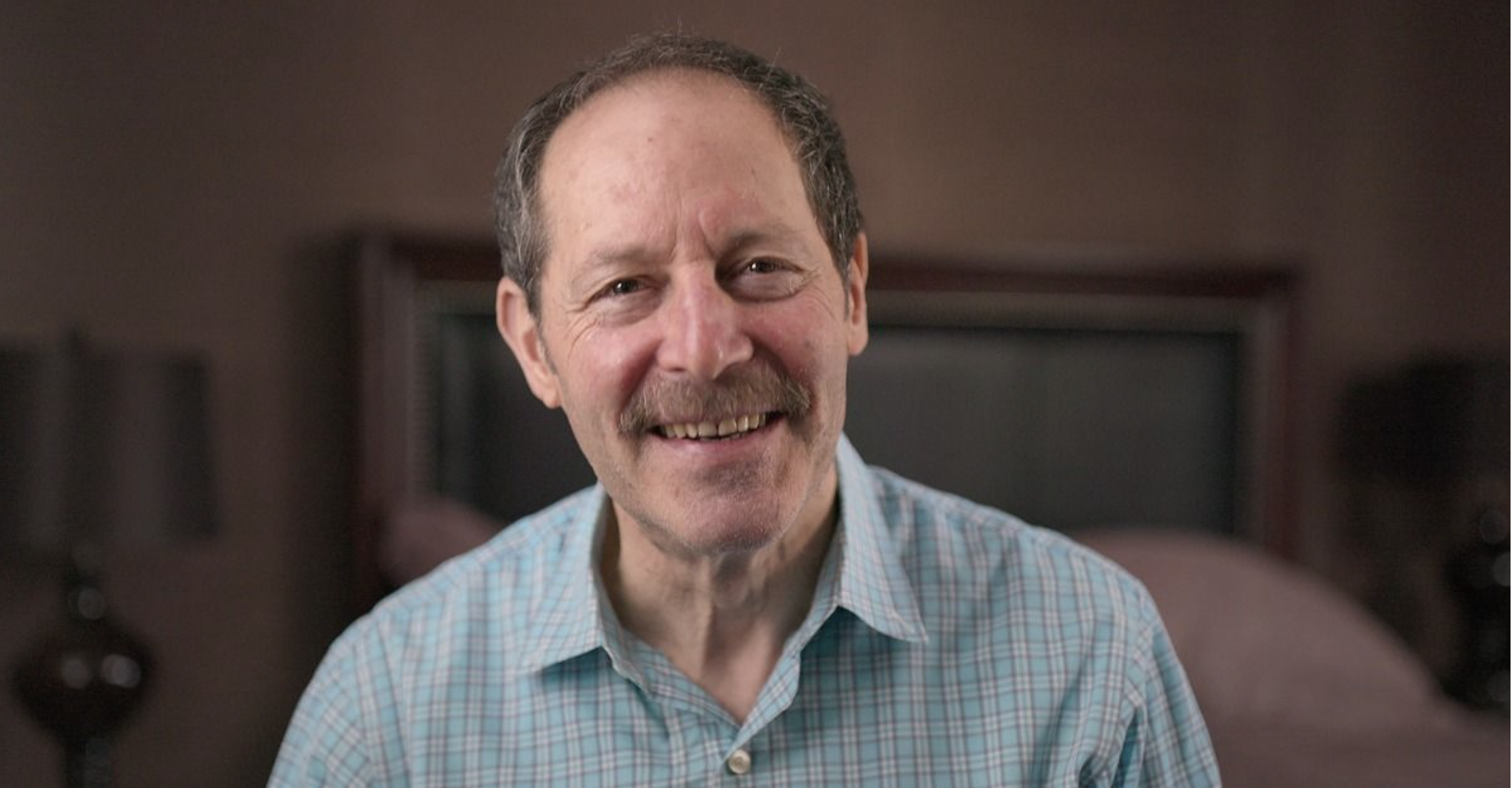Dating and Autism: A Love Letter to Love On The Spectrum
Much of the focus of therapy for the autistic community is geared towards the early years. Early intervention, school aged therapy and social skills for teens and young adults. As autism is a lifelong diagnosis, shouldn’t therapies and supports available to the autistic community be the same?
Many people receive their diagnosis as children. With awareness and advocacy at a much better place than it used to be, it’s not uncommon for a child to receive an autism diagnosis before their second birthday, mine did. As a parent, that diagnosis comes with a huge question mark; will they ever communicate vocally, will they be able to access general education classrooms, will they be welcome at summer camps, will they get a driver’s license, will they go to college, will they ever date, get married, have children of their own? As a parent to an autistic almost 5-year-old, I can’t help but wonder these things about my child, especially as he finally begins to communicate vocally for the first time, what does this mean for his trajectory as a functioning member of society? If you know the answer, please share because I sure don’t!
This brings me to my longtime favorite obsession, a show available on Netflix called Love on the Spectrum. It is a show that started in Australia and followed the lives of several autistic adults with varying degrees of skills as they enter the realm of dating and relationships. This season follows several adults in the United States and I haven’t finished watching it so no spoilers please!
Where this show shines is its honest look at what life is like as an autistic adult, and what life is like for their parents and siblings they live with. For ‘outsiders’ it gives a fresh perspective on autism and very adeptly shines a light on the autistic adult with varying levels of independence. It is funny, heartwarming, and a reminder that neurodiversity is present in more forms than many of us could ever imagine.
For the viewer who is an ‘insider’, someone who works in the field of autism, someone who has a child or a relative or a friend who is autistic, this show is a look into the future for the people we know and love today. As a parent to my own little rockstar, it fills me with hope that this could be our future. While it may not look like a typical first date, I look forward to the possibility of helping my son get dressed and do his hair as he gets ready to go on his first date, at whatever age that might be. I look forward to arguing about what shirt goes best with what pants and practicing ordering food at a restaurant and paying the bill, or role-playing getting to know a new person and finding those common interests to decide if they want to see each other a second time. I’m hopeful that this is our future, and I’m here for every second of it.
Another bright spot on this show is the ever-present sibling. As our children grow up and as we parents age, it is so wonderful to see some of the siblings taking an active role in the lives of their autistic sibling. Siblings are the greatest asset we have when it comes to future planning for our autistic children and seeing that as a small part of this program fills me with appreciation for the work and love that my daughter already shows for my son and will continue to show for his entire life. For more on the special role of siblings see our previous post on the subject.
Finally, for those of us who have been in the field for a long time, we can attest to the fact that therapies available for the autistic community are constantly changing for the better. The participants in Love on the Spectrum are in their 20’s, 30’s and 40’s (and even 60’s on this newest season!). Considering the availability of ABA therapy 20 years ago and how far these people have come, compared to how far ABA therapy has come in that time, I for one am so excited to see the children of today grow into their full potential as adults, and find love and belonging.
There are experts in the field who have dedicated their lives to just that. Some of the participants get some help and coaching from Dr. Elizabeth Laugeson, the founder and director of the UCLA PEERS Clinic, a protocol that I use in my own practice to teach social skills to young adults. In the seasons that take place in Australia, the adults get some expert help from Jodi Rogers, a relationship coach and sexologist that works with autistic adults. The way she is able to teach and relate to her clients is something that I watch in awe and try to emulate myself when working on more complex social skills in my own practice. One day I will make a pilgrimage to Australia to learn from her as she is an excellent example of the fact that therapy, life skills, and coaching do not end at 18.
I hope you get the chance to watch some of this amazing show. I hope you fall as deeply in love with the people on the show and smile as widely as my husband and I do when we watch it. This show is a breath of fresh air in a scary world and gives us hope that there are good people out there, doing good things, and that these adults are doing the absolute most to live their lives in the best and most amazing way.
For more information, see:







